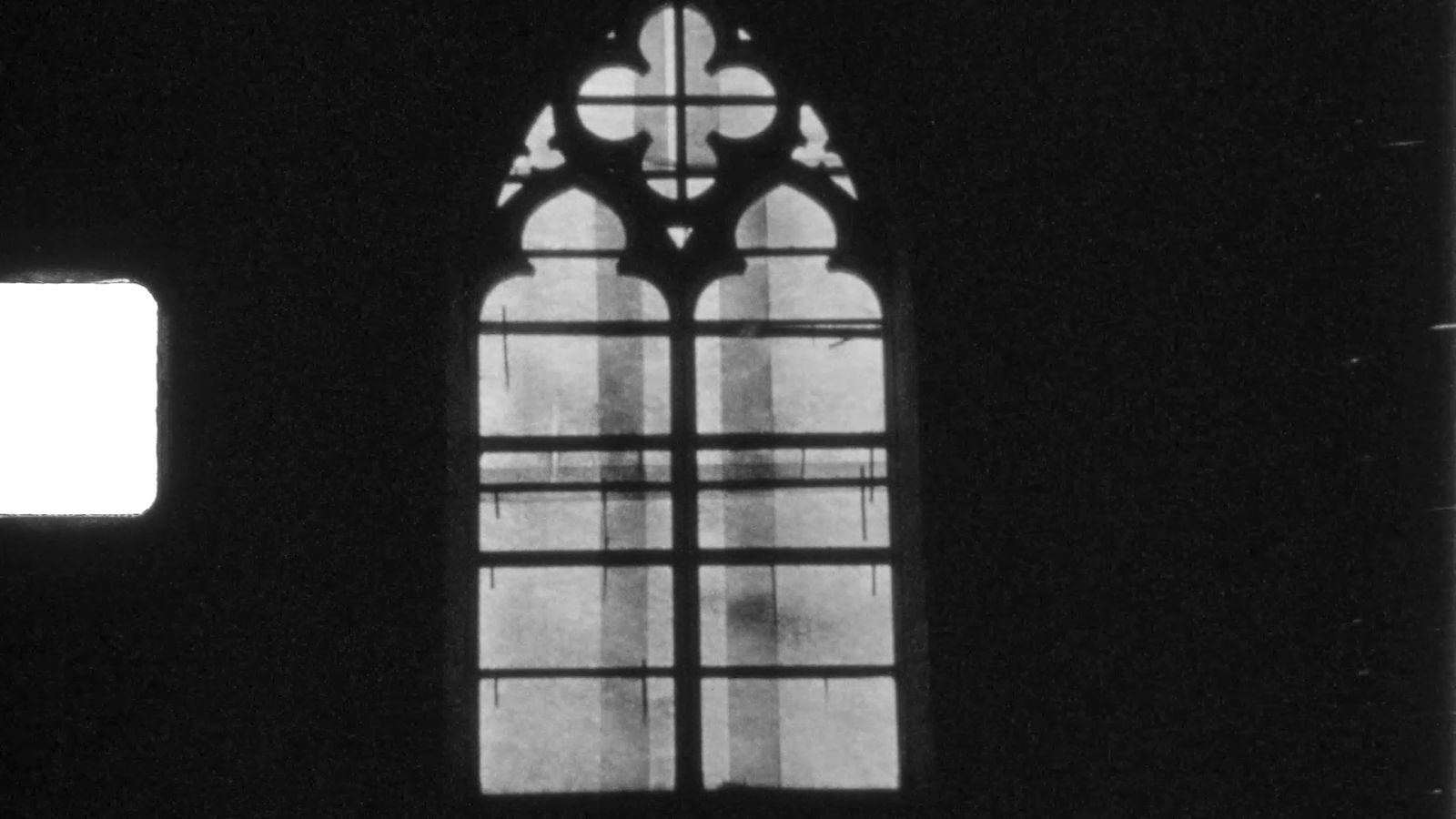Zoe is the recipient of an R.W. Kern Center Student Grant, which funds research or projects relating to an aspect of the RWKC’s systems, mission, or to the Living Building Challenge.
My name is Zoe Meyer. I am a second-semester Division III student focusing on film, psychoanalytic theory, and histories of madness and mental illness. For my Division III, I am producing a 25-30 minute film that will present a series of visual poems mixing historical narrative with personal memories that explore mental illness, abusive power structures, intergenerational pain, and the struggle to reclaim female identity through the complex recovery from trauma.
Emphasizing the fluid interaction with air, light, and water, the R.W. Kern Center creates a sense of harmony and interconnectedness between the interior and exterior world. As the building itself seeks to minimize the boundary or barrier with nature, it is intended to inspire and promote freedom of thought. In this way, for me as an art student, the Kern Center shows how a building can constitute a form of justice, a physical embodiment of growth and healing.
As the building itself seeks to minimize the boundary or barrier with nature, it is intended to inspire and promote freedom of thought.
My job as a filmmaker concentrating on archival narratives is to visually reimagine and reconstitute historically oppressive spaces and to create a visual work that allows the viewer to reclaim these spaces and inhabit them anew. My Division III film travels back to 18th century France to examine buildings that have had an impact quite opposite to that of the RWKC, focusing particularly on the women’s mental hospital La Salpêtrière where the foundations of modern psychiatry were established. Unlike the Kern Center, La Salpêtrière was deliberately conceived as a place of confinement, where patients were cut off and hidden from the outside world to serve as fodder for men’s medical experiments. Afflicted by madness or “mental alienation,” these women were referred to as les aliénées. La Salpêtrière has even been referred to by modern historians of neurology as a “living museum of pathology.”
The RWKC is a progressive reimagining of historical institutional buildings that, to this day, have the effect of intimidating and enforcing hierarchy. The Kern space prides itself on accessibility and actively steers away from the structures that made La Salpêtrière so segregated and shut off. As such, it provides a philosophy with which to approach my film as an act of deconstructing these old models of buildings as spaces that use darkness and walls to separate humans from nature (and from each other) in order to confine, pathologize, and enforce a sense of otherness. By investigating this history, I am attempting reconstruct these architectures into spaces of light and community and growth.


